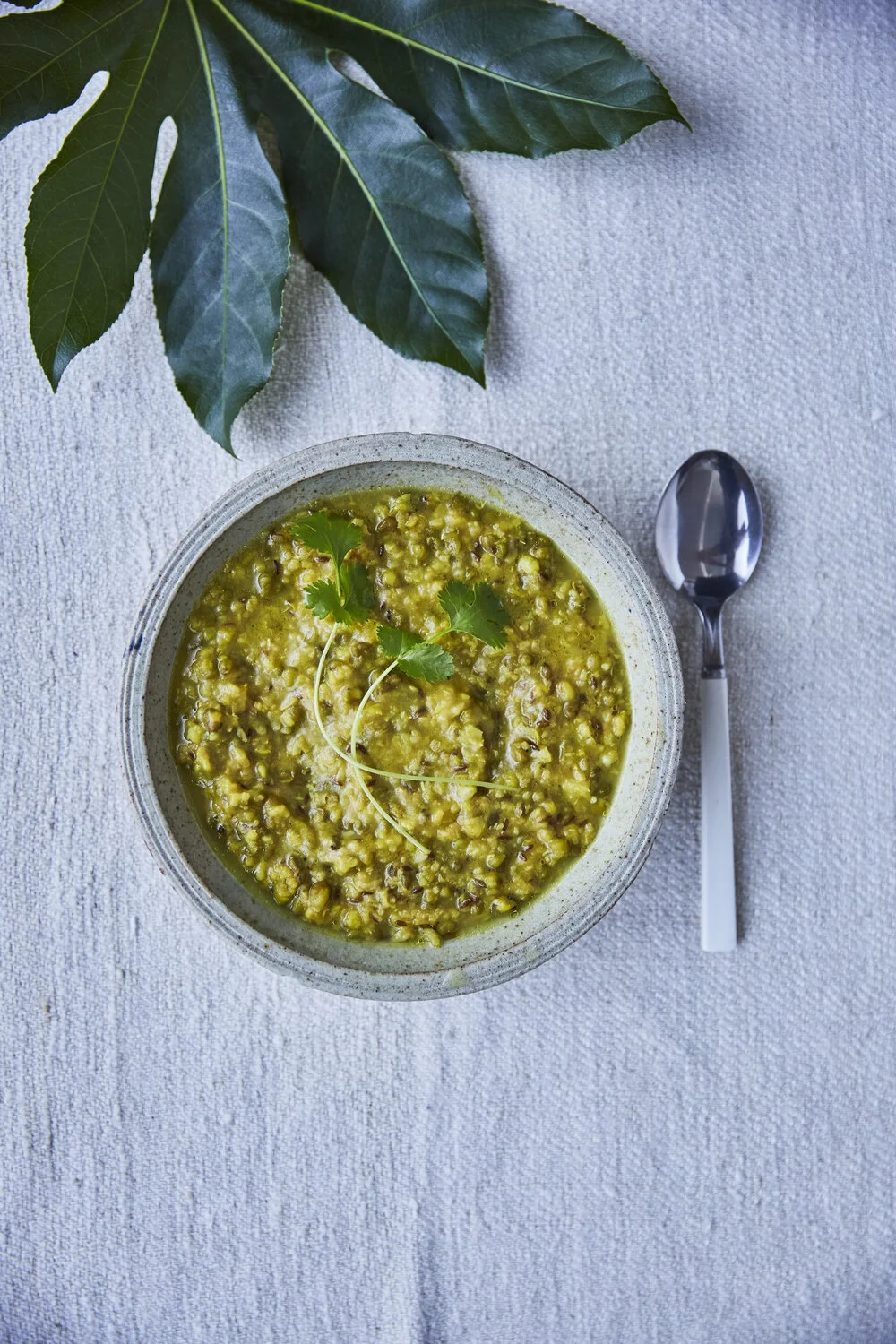Bridging the gap between Ayurveda and Modern Science
by Laura Jennings
So what exactly is Ayurveda?
Ayurveda translates as ‘The Science of Life’ and is based on three principles, otherwise known as doshas, which are believed to be responsible for an individual’s mental and physical wellbeing. Each dosha encompasses a set of collective traits and usually an individual resonates with one dosha more than the other when they undertake an Ayurvedic consultation (a set of questions to determine a person’s body type and mental state). Ayurveda promotes dosha specific foods, movement and meditation to balance out the weighted dosha to prevent the onset of illness and disease. Whilst you can find plenty of information online about Ayurveda with a quick google search, it is important to remember to only take advice and information from trusted sites and health professionals.
Modern Science & Ayurveda
Despite generalised public health guidelines and diets that previously claimed to work for “everybody”, modern science has demonstrated a personalised approach to nutrition. Genetic variation on dietary response and a nutrient-gene interaction has been shown in multiple studies [Fenech, 2011]. In addition to nutrigenetic research, microbiome studies have shown how influential individual gut microbiota is for a person’s fitness and general health (Valdes et al, 2018). The American Gut Project has given some valuable insights into the unique differences of our gut microbes.
One of the discoveries was that individuals who ate 30 + different plant-based foods a week had more diverse gut microbes than those who ate 10 or less, which subsequently correlated with overall health. However, this idea of a ‘personalised approach’ isn’t a new concept. In India around 5000 years ago the Vedics introduced an alternative medicine system, known as ‘Ayurveda’, which was based largely around this concept of ‘personalised nutrition’.
Apart from taking a person centric approach, how else does Ayurveda align with nutritional science?
Ayurvedic practices promote eating high fibre, whole, plant based foods, which we now know is key to a flourishing microbiome (Valdes, 2018). For instance, typical Ayurvedic food recommendations for someone who resonates predominantly with the Vata type would be advised to eat warm, sweet, well-cooked whole foods, such as beetroots, carrots, sweet potatoes, and bananas etc. This is to balance out the qualities of dry, rough, cold and sour, which are associated with the Vata dosha.
The Vedics may not have had the science to explain why eating a fiber rich diet improved their overall health but we can now acknowledge that Ayurveda was a concept ahead of its time through what we have learnt from microbiome studies.
In light of the COVID – 19 pandemic and the ensuing demands on healthcare systems globally, discussions around the benefits of Ayurveda by healthcare leaders has increased significantly (The World Health Organisation). One of the major benefits acknowledged was Ayurveda’s focus on disease prevention . Modern science is undergoing a revolution that is shifting from symptomology (treating illness with drugs or surgery) towards a more holistic approach. Dr Alex George and Dr Rangan Chatterjee are just a few of the public figure doctors leading this change. They promote placing more attention on lifestyle factors in their GP consultations instead of prescribing medication as the first resolution.
It is important to acknowledge that some medical conditions will require surgical or drug based treatment in order for symptoms to improve. While Ayurveda can have positive effects when used as a complementary therapy in combination with standard, conventional medical care, it should not replace standard, conventional medical care, especially when treating serious conditions.
Ayurveda has long promoted a holistic view of health and western medicine has caught up with this notion through the revelations of recent research. Ayurveda has been somewhat a practice kept in the East, but through science the validity of its concepts have been shown and it is slowly becoming more integrated into Western medicine to proactively prevent illness and maintain overall wellbeing.
Once of our favourite ways we love to include Ayurveda into lifestyle at the Be Well is through cooking. Incorporating the love for home cooked, nutritious, wholesome and flavourful foods into our diet to increase diversity, fibre fruit and veg intake. Fancy giving a recipe a try?
Be Well ambassador and Ayurvedic cook Jasmine Hemsley shares one of her favourite recipes with us here.
About Laura Jennings
After five years working in the corporate world in luxury fashion and technology, Laura trained as a yoga teacher and joined the team at My Method, curating exciting and diverse wellbeing programmes for private clients and corporates.
Laura has a passion for holistic wellbeing and nutrition and has joined the Be Well team to support with content creation, workshop development and more. She is progressing in the world of health and wellness and is continuing her studies, starting a Masters in Nutrition at King's College London in September 2021.


